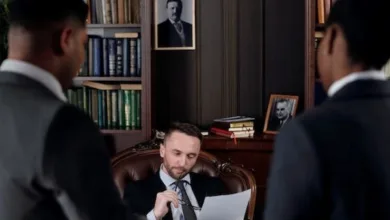Barbados to maintain laws on the death penalty, prostitution and homosexuality
BRIDGETOWN, Barbados – On Wednesday, December 3rd Barbados resolutely reaffirmed its decision to maintain the death penalty as part of its sentencing penalties in the country’s legal system.
The reconfirmation of this position came from Minister of Social Care, Constituency Empowerment, Urban and Rural Development, Christopher Sinckler, as he defended Barbados’s human rights record before the United Nations Human Rights Council’s Universal Periodic Review process at the UN in Geneva, Switzerland, today.
In a presentation hailed by the President of the Council and other members as “outstanding and refreshingly complete” Minister Sinckler argued that the Barbados Government had neither mission nor mandate from the people of Barbados to abolish the death penalty as was being called for by a number of member countries of the Council.
“It is a part of the legal system of Barbados and would remain so until further notice, but obviously there was not a clear desire in the country for abolition of the death penalty”.
The Minister did indicate to the Council though that the government had begun to engage, at the level of the Attorney General’s Office, an internal examination of existing domestic laws making the imposition of the death penalty mandatory in cases of murder and treason. This, he conceded, was in contravention of some human rights obligations to which Barbados was subject, and would be reviewed holistically.
The Minister was equally as firm in defending the country’s maintenance of laws criminalising homosexuality. “Government does not intend to consider any recommendations to legalise homosexuality, prostitution or allow for the distribution of condoms in prison until such time as a full and proper national discourse on the issues can be engaged”.
The Minister also stoutly defended interventions which raised questions about the professionalism of the Royal Barbados Police Force, stating that the RBPF had one of the best reputations for fairness, transparency, and professionalism in the world. He dismissed views from some quarters that there was widespread national discontent with the image and professionalism of the country’s security forces.
Mr. Sinckler highlighted the existence of a new independent Police Complaints Authority, as well as the office of The Coroner, which had jurisdiction to review and investigate actions of the Police at varying levels, as a further effort by Barbados to ensure due process for the country’s citizens.
The Universal Periodic Review of Barbados’s human rights situation continues at the UN tomorrow and Friday when he will field additional questions from member states and issue his closing remarks on the process before the Council’s report on Barbados is adopted.



